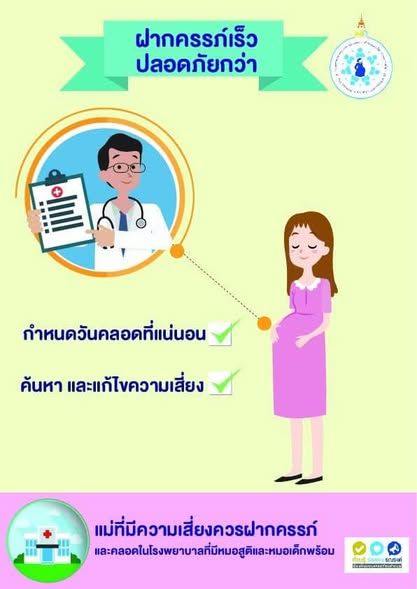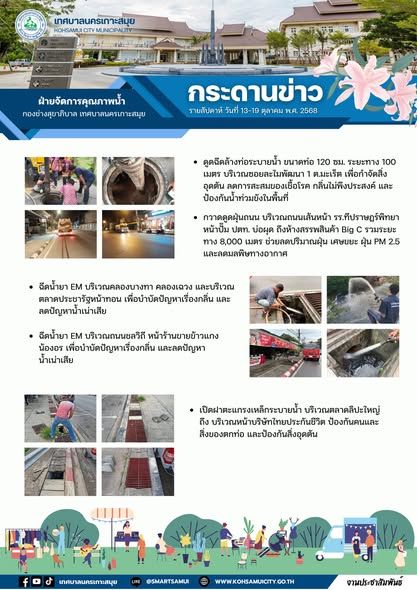Preterm birth, defined as delivery before 37 weeks of gestation, remains a significant health concern worldwide. It contributes to increased risks of infant morbidity and mortality. The proactive health promotion project aims to reduce the preterm birth rate to 8% between 2024 and 2027, helping foster healthier communities and families.
Understanding the Dangers of Preterm Birth
Preterm infants are at a higher risk of developing serious health problems. These may include respiratory distress syndrome, feeding difficulties, increased susceptibility to infections, and long-term complications such as developmental delays and vision or hearing impairments. In some cases, preterm birth can result in lifelong disabilities or early infant death.
Early Antenatal Care: A Critical Step
Timely and comprehensive antenatal care is one of the most effective ways to reduce the risk of preterm birth. Early check-ups allow for the detection and management of risk factors such as infections, high blood pressure, or poor nutrition. Health professionals can provide guidance on proper prenatal nutrition, lifestyle modifications, and necessary vaccinations, all of which contribute to a healthier pregnancy outcome.
The Mother’s Role in Shaping a Child’s Future
A mother’s health and choices play a pivotal role in a child’s well-being. Maintaining regular antenatal appointments, adopting a balanced diet, avoiding harmful substances like tobacco and alcohol, and managing stress are crucial steps. Education regarding the importance of self-care and understanding pregnancy-related changes empowers mothers to make informed decisions throughout their pregnancy.
Recognizing Warning Signs of Preterm Birth
Awareness of the warning signs can help prevent complications associated with preterm delivery. Pregnant individuals should consult a healthcare provider immediately if they experience:
– Persistent abdominal pain or cramping
– Unusual vaginal discharge or bleeding
– Contractions occurring more than four times in an hour
– A sudden decrease in fetal movement
– Strong lower back pain or pressure
Prompt medical attention can often delay or prevent preterm birth, ensuring better outcomes for both mother and child.
Community Initiatives and Support
Local organizations and municipalities play a vital role in raising awareness about preterm birth prevention. Community campaigns, educational events, and accessible prenatal resources help ensure that information and support reach all expectant mothers. Collaborative efforts between healthcare providers, families, and local authorities strengthen the safety net for pregnant women, promoting healthy pregnancies and reducing the incidence of preterm births.




